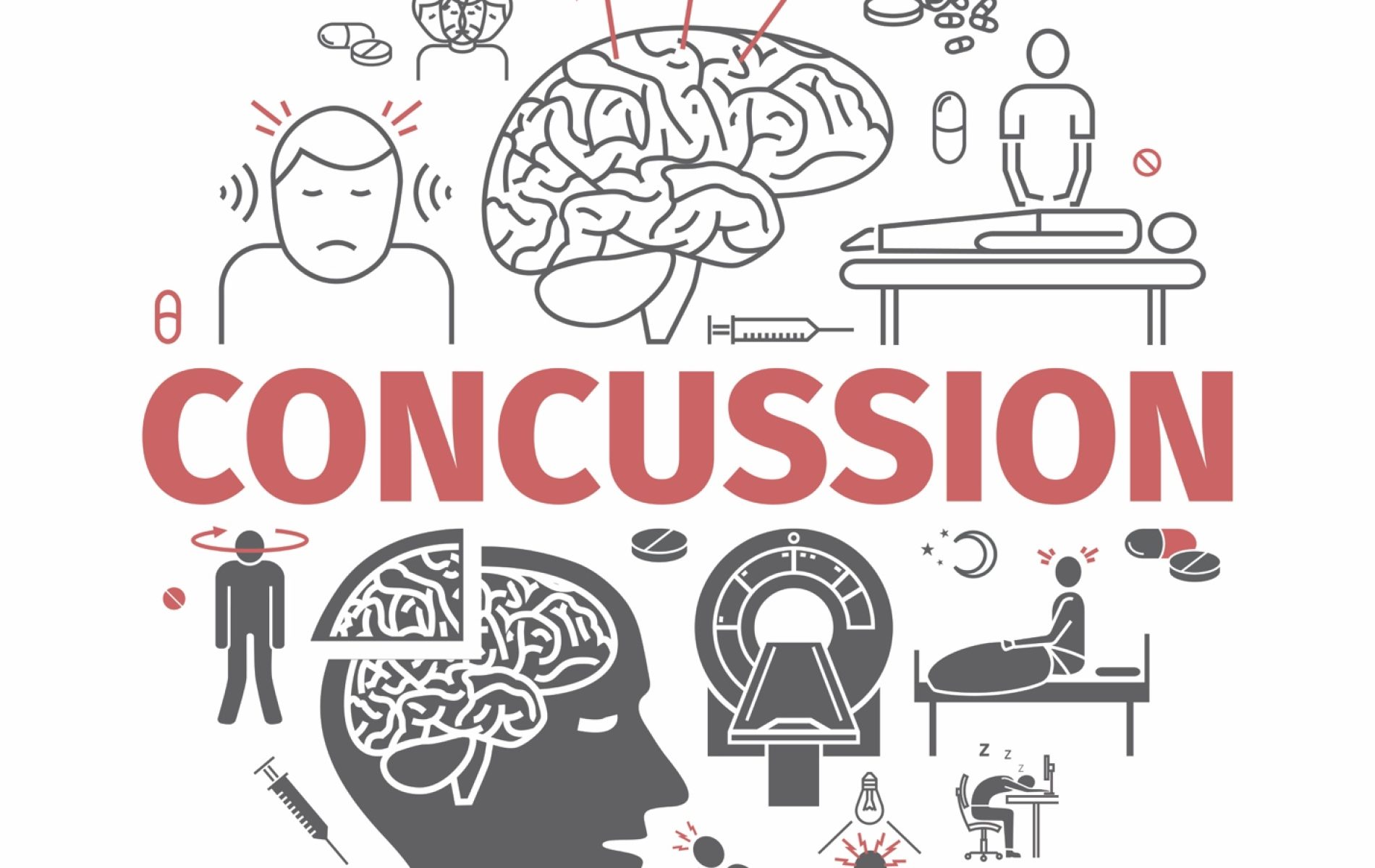Many of us feel off our mental game and distracted after a bad night of sleep. This is because a lot of necessary maintenance goes on while we rest our eyes at night. Losing sleep prevents this important work. If you pride yourself in running on little sleep (or even if you don’t), this article is for you. Two recent studies shed light onto the impact that sleep loss has on our thinking skills as well as our brain’s ability to eliminate unwanted waste.
Lack of Sleep and Cognition
One study, which took place by researchers at Michigan State University, found that sleep deprivation comes with considerable risks – especially when it comes to placekeeping. Placekeeping is defined as the ability to complete a series of steps or procedures without losing one’s place, despite any possible interruptions.
Before the study began, all of the participants were rested. Then the participants were separated into groups: 77 people were to stay awake all night long in the lab while 63 were allowed to go home and sleep normally.
The next day, the researchers executed tests of attention, by way of the Psychomotor Vigilance Task, as well as tests of cognition through the UNRAVEL method, which requires participants to keep track of a series of steps despite periodic interruptions. These tests were given in the evening as well as again the morning after.
The participants who did not get adequate sleep did much worse on the tests than those who were rested. The evening prior, a 15% error rate after interruptions was found on average with the UNRAVEL test. The next morning it rose to 30%. But the rested group performed about the same during both periods of testing. The group that was sleep deprived also had more attention lapses the following morning in comparison to the group that was rested.
The researchers stated that their findings showed that lack of sleep doubles the odds of errors in placekeeping and triples attention lapses. This evidence shows the startling need for those who are sleep-deprived to exercise caution. Costly errors may occur if they don’t.

Lack of Sleep and Risk of Neurological Disorder Risk
Everyone knows that a good night’s sleep is good for you, but what would you say if you found out sleep could help prevent Alzheimer’s? Or how about that people with sleeping problems develop Alzheimer’s more often than those who don’t?
According to a recent study published in the journal , deep sleep actually helps clear the brain of toxins that cause Alzheimer’s! But how does it work? Well, when you are in a state of deep sleep blood flow to your brain is decreased slightly. This allows another fluid present in the brain, known as cerebrospinal fluid, to have more room when it flows through your brain. More room for this cerebrospinal fluid means it has an easier time flushing out the toxins and other waste products in your brain. Want to learn more about this interesting process and how sleep can affect a healthy brain? Keep reading to find out!
Researchers used cutting-edge MRI technology to monitor and study the brains of 11 people. One author of the article, Laura Lewis (assistant professor in the department of biomedical engineering at the University of Boston), says that about every 20 seconds while you are in a state of deep sleep, a slow, large wave of cerebrospinal fluid washes through your brain and cleans out whatever toxins and waste may have been left behind during the day. If you’d like to see what this wave of fluids looks like in the brain, check out the video clip in this article. Other scans of the brains show a wave of electricity in the neurons of the brain right before the cerebrospinal fluid washes the brain out. Interestingly, this type of brain wave is a common type that only occurs when the brain enters a state of deep sleep. To connect this back to Alzheimer’s, those with the disease actually have less of these waves occurring in their brains as well as shorter waves. Because of this their brain is not getting the wash that it needs.
The specific toxin that causes Alzheimer’s in the brain is called beta-amyloid. This toxin accumulates in the brains of people with Alzheimer’s and has some very awful effects on the brain. The build-up of the beta-amyloid in the brain will cause less sleep and because the person is getting less sleep, more beta-amyloid gets built up within the brain. Thus, because the brain is not getting its necessary rest, it does not have the opportunity to wash out the beta-amyloid toxins by using waves of the cerebrospinal fluid. Essentially, the brain gets clogged with gunk that stops it from cleaning itself out while you sleep and because your brain isn’t cleaning itself, more gunk gets stuck in your brain.

Of course, a lack of sleep or problems with sleeping is not the only cause of Alzheimer’s. There are lots of other causes but the research done for this journal has helped possibly identify and isolate one of the causes of it.
Tips for Getting Better Sleep
Although controlling the factors that interfere with your sleep may be difficult, you can adopt new habits that encourage a better night of sleep so you can better improve your cognitive function and decrease risk of neurological disease:
- Stick to a sleep schedule, aiming for 8 hours of sleep at night.
- Don’t go to bed hungry or full. Going to bed hungry might keep you up. Consider grabbing a light snack but try to avoid large or heavy meals within a couple hours before bedtime.
- Use caution with alcohol, caffeine and nicotine, as each of these can adversely impact sleep.
- Include physical activity in your daily routine.
- Power down your phone, tablet, or computer, and other lights at least an hour before your bedtime.
- Find ways to de-stress before you sleep.
If you’d like to learn more about other ways that sleeping can affect the brain or how to improve your overall brain health, please visit our website at NeuroGrow.



